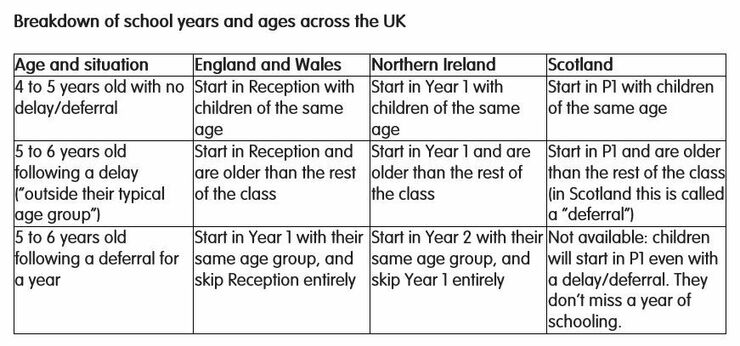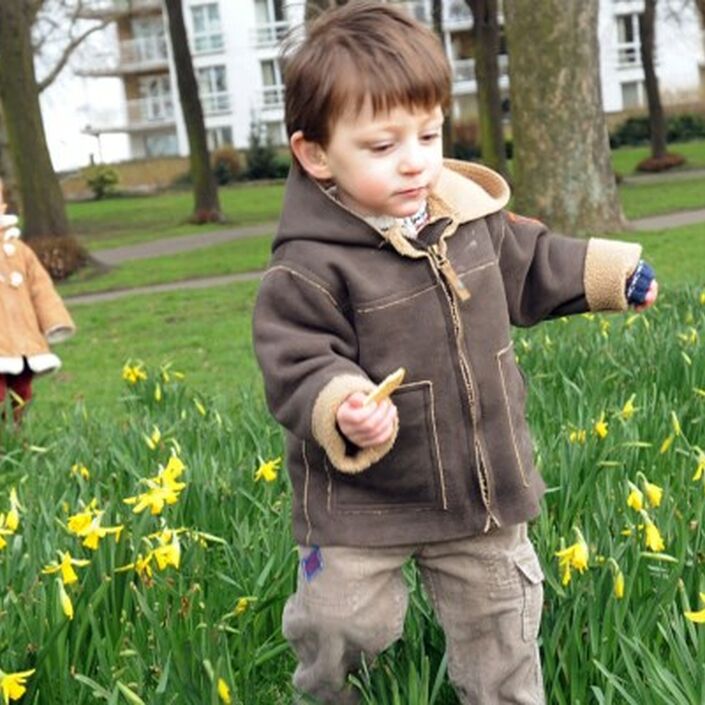Can they go to school on a part-time basis?
Parents and carers can request flexibility when their child begins in their Reception/Year 1/P1 class.
This is arranged with the agreement of the school and could include attending school on a part-time basis, or a staggered approach starting with part-time hours and slowly working towards a full day.
Some parents and carers feel their child is ready to start school at the typical time in line with their actual birth date. Other parents may feel it would be better for their child to start school a bit later, in line with their projected birth date.
This is particularly common if their child will be starting school in an older year group than if they had been born at full term.
Parents and carers have often requested that their child starts school a bit later if they were born premature. This is so they have more time to develop and get ready for full-time teaching.
Overall, there is no firm evidence that delaying school entry is beneficial for children that were born premature. School may actually be the best place for them to receive the specialist support they need from the earliest opportunity.
This is different though for all children and you know your child best. You should trust your instincts as a parent and talk to your local authority and the schools you would like your child to attend if you are unsure about anything.
Talking to the schools you would like your child to attend as early as possible is important for deciding which option or setting is best for them. Special Educational Needs and Disability Coordinators (SENDCo, or SENCo) will be best placed to help you make a decision.
Parents are encouraged to look at a multiple schools because you will be asked to rank your choices. You may not get your first choice school so it is important to understand the different environments that your child might learn and develop in.
Tom, father to Joseph, born at 25 weeks, told us:
“Joseph was most likely academically ready to start school with his birth cohort. However, with the time he spent in hospital and then lockdown, we felt that socially and emotionally, having an extra year in nursery and at home was the right decision to give him the platform to succeed. It is so important to find a school that understands the reasons for your decisions and supports you.”



